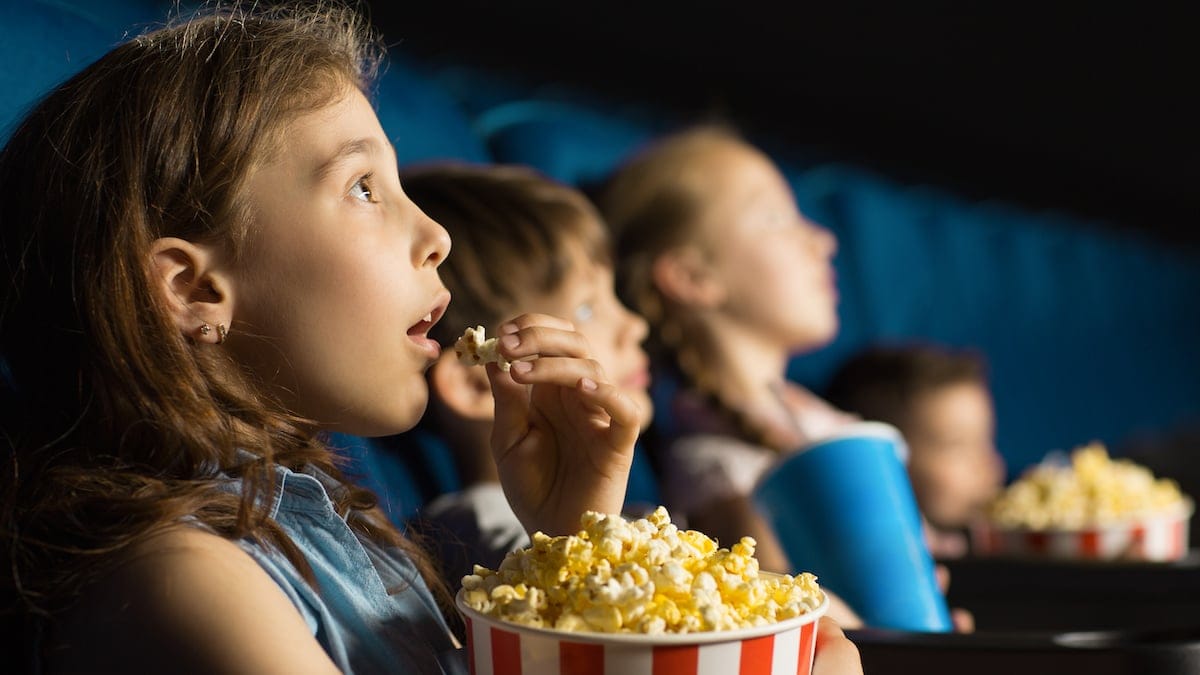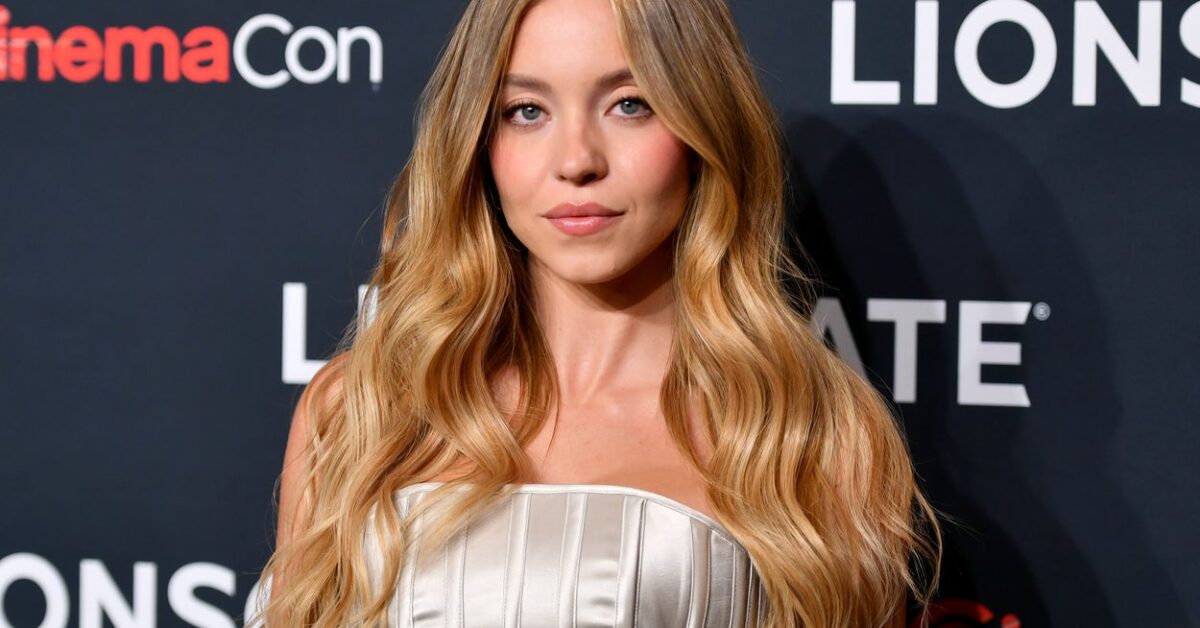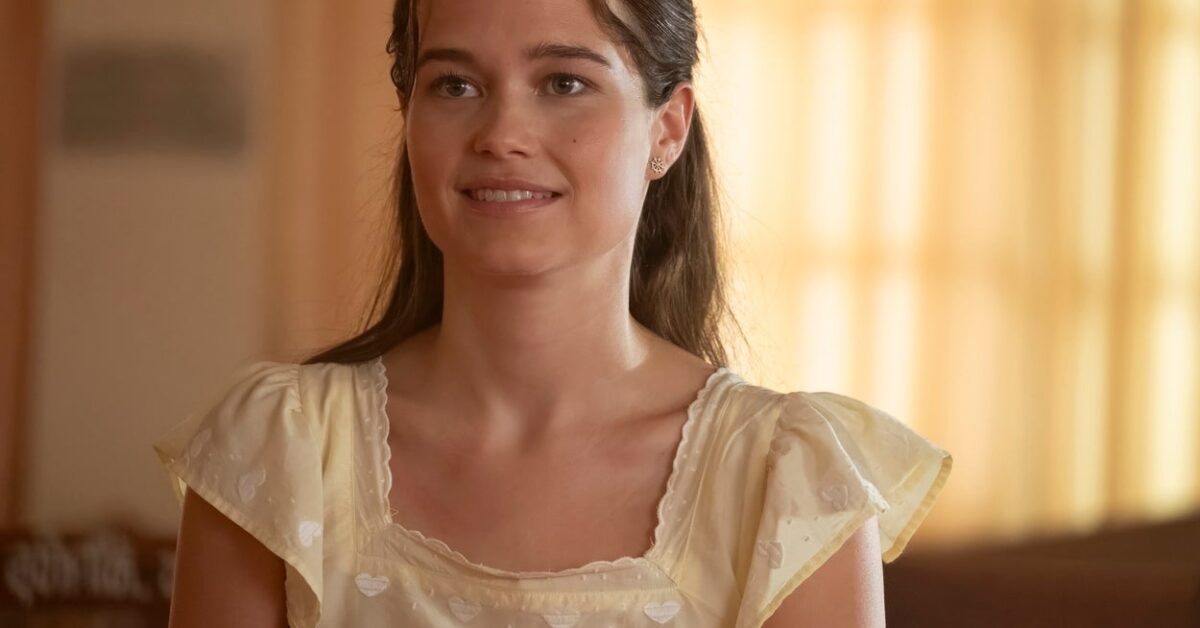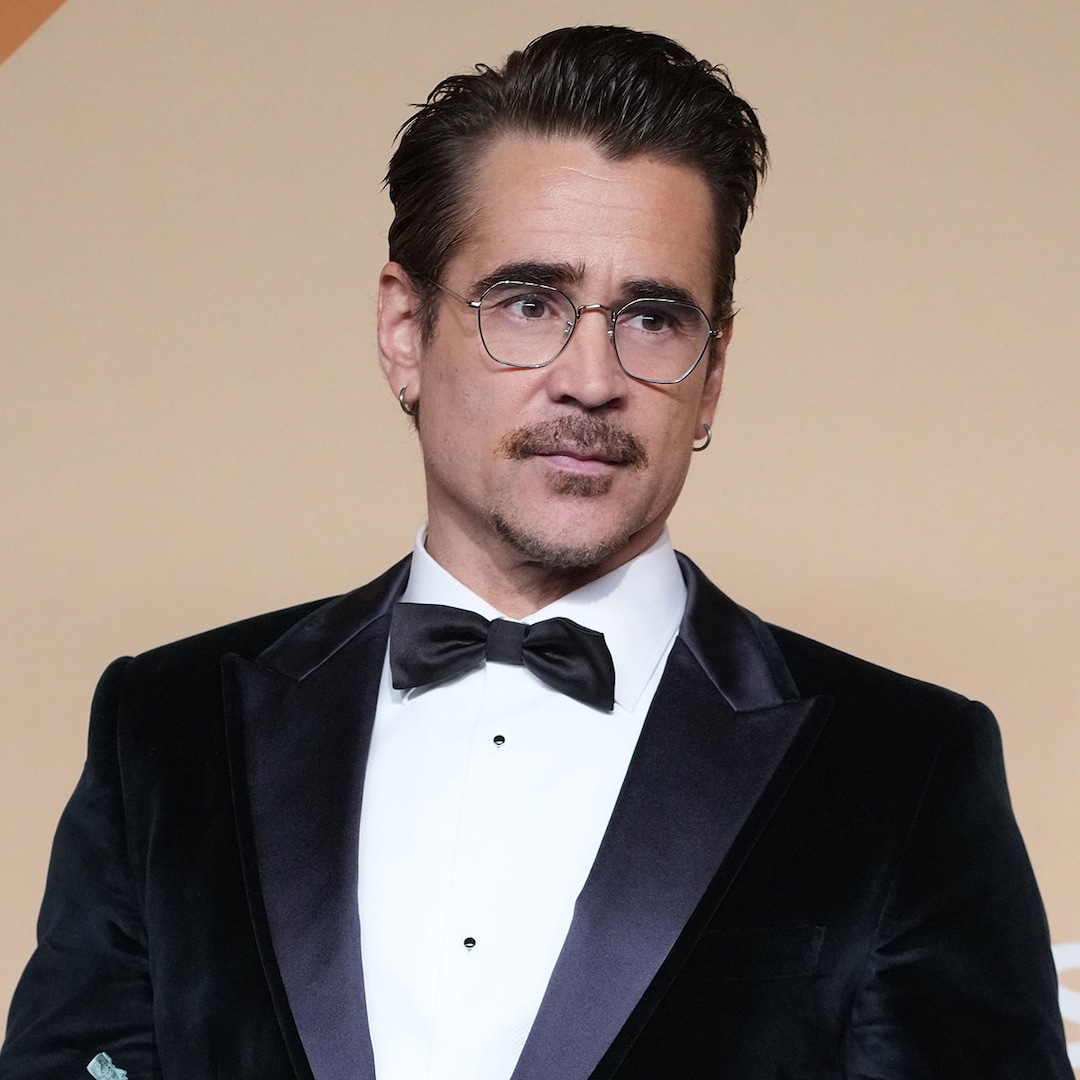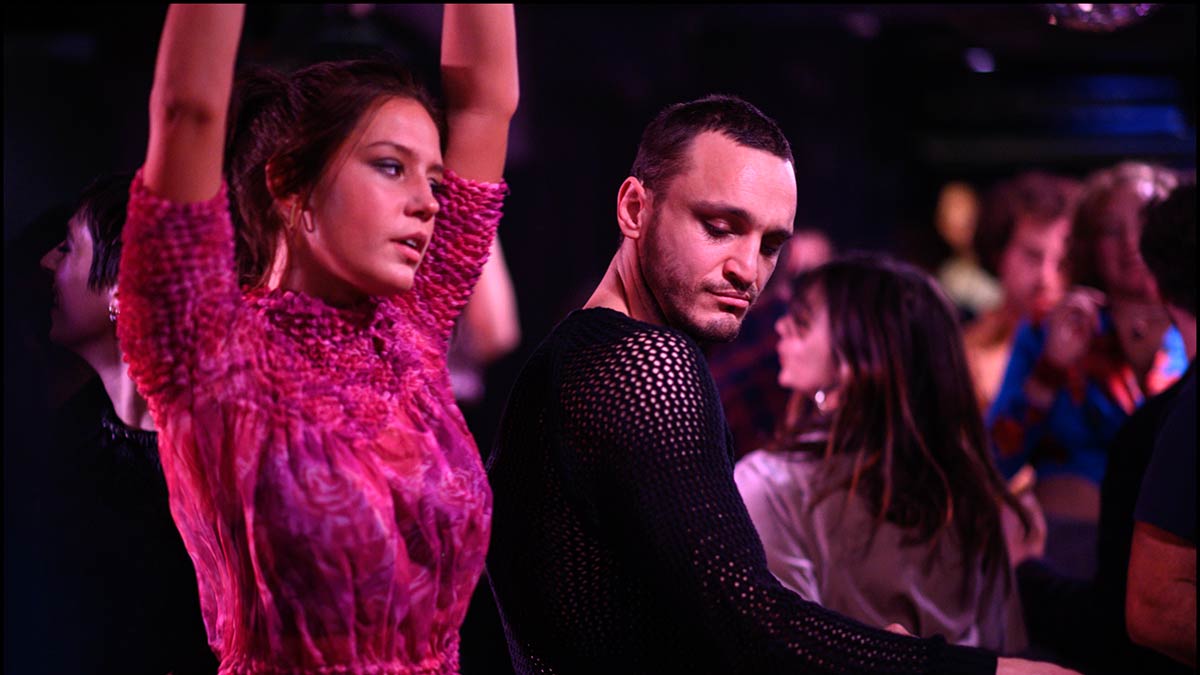
Ira Sachs On His New Film’s NC-17 Rating, The Movie’s Intimate Sex Scenes & Finding Pleasure In Men Behaving Badly [Interview]
Aug 5, 2023
When it comes to “Passages,” Ira Sachs’ witty, wise and very sexy Parisian drama, it all started with Franz Rogowski, who plays the film’s self-absorbed film director, Tomas. “I had seen Michael Haneke’s “Happy End” starring Franz,” remembers Sachs, the auteur of richly textured, grown-up gems such as “Love is Strange,” “Little Men” and “Keep the Lights On,” recently joining me for an interview about his latest, opening in theaters this week. “I left the theater thinking I wanted to make a movie for and with him.” Then came the pandemic, and the isolation followed, which left Sachs fearing for the future of the kinds of films that he personally loves. “Films that are intimate, tender and actor based, about people being messy with each other,” he explains. “My co-writer, Mauricio Zacharias and I had seen [Luchino] Visconti‘s “The Innocent” and were excited about the structure of that film, which is a love triangle about a man with power and two women. We took that as a starting point and ran from there.”
READ MORE: ‘Passages’ Review: Franz Rogowski, Adèle Exarchopoulos & Ben Whishaw Star In Ira Sachs’ Irresistible Love Triangle [Sundance]
“Passages” similarly charts a steamy, messy and boundlessly compelling love triangle unfolding around Tomas, his longtime husband Martin (Ben Whishaw) and school teacher Agathe that Tomas meets and falls in love with, played by Adèle Exarchopoulos. In examining the trio’s dynamics, Sachs was interested in exploring what a love triangle could do towards fashioning an enclosed system of desire. “Where each character always wants something that they cannot have,” he says. “The pursuit of that desire becomes erotic and suspenseful. The two things that turn me on most in cinema.”
Below is our conversation with Sachs on the themes of “Passages,” making grown-up films shame-free in an increasingly sterile cinematic landscape, the film’s intimacy scenes and unfair NC17 rating, and more.
The pursuit of desire you mentioned feels so fluid and sexy. It’s also not based on labels. I am not even sure, for instance, if it’s apt to call Tomas a bisexual character. You’re not trying to put anyone in a particular box here.
[Shakes his head]. The actors and the characters in this film are a generation younger than myself. And so if I had imagined it might be a film of identity, it turned out to resist any potential for labels because that’s not who these actors are, and thus, it’s not who the characters became. It feels familiar to a lot of people who didn’t grow up in the same shame around the fluidity of their desire that I did. And I think what I like about the film we made is that it’s shameless, both internally to the characters and also externally to the audience. I’m not trying to put anyone in a box, and I’m also really trying not to varnish things with a careful, composed approach. I don’t rehearse with my actors before I start shooting. To some extent, that creates a sense that everything’s happening in the moment. What’s interesting is this feeling that everything could change in a moment. Maybe our lives are going to change when we leave this room. I’m not saying we have to live always with that expectation, but I think cinema does. The camera needs to record what might never happen again.
That suspense is so palpable in the dialogues. You always feel like you’re on the cusp of something big. And since you mentioned you don’t rehearse with your actors, how do you know something is really going to work when it’s on the page?
You have to trust your ear as a director, and then you have to trust your actors. I’m not rehearsing, but I’m shooting each scene for many hours. So when things don’t work, all that you need is for them to be alive. It’s your job, which is a hard job, to adjust the elements that you have. It can mean adjusting the camera, moving the dynamic between the actors and the camera. It can be adjusting the lighting. You have to figure out what’s holding it back from combusting.
You mentioned it all started with Franz Rogowski and you wrote specifically for him. Did you also write with Ben Whishaw and Adèle Exarchopoulos in mind?
I don’t need to see an actor in a lead in order to understand if I might be able to work well with them. For Ben, I never forgot his performance in Todd Haynes’ “I’m Not There.” It’s just part of my memory in a very intimate way. And Adèle, I saw Justine Triet‘s film “Sybil.”
I love that film. So it didn’t start with “Blue Is the Warmest Color” then.
I’ve never seen it.
Let’s talk about Tomas. A character that’s not close to being likable, but strangely watchable and entertaining. I thought I knew his type. He felt so boundlessly compelling.
The history of cinema is filled with men behaving badly in a pleasurable way. We talked most specifically about Jimmy Cagney, the greatest and most charming actor ever who always played sociopaths.
Do you consider Tomas a sociopath?
I would consider him a man who believes that the rules established for others are not for him. And I think that that creates a tension with society.
Your introduction to him is brilliant, behaving badly on a film set at the start of the film. We understand exactly who this person is going to be.
It was the one scene that I worried the most about. I needed to authentically place the audience inside a world very quickly and to believe in that world. It was just a hard scene to figure out how to shoot. But then once we shot, there was four hours of footage and it’s some of the best stuff I think I’ve ever shot. There was this interesting relationship between the film camera and the camera of the film within the film that became very dynamic. With Franz, we had looked at a small piece of footage of Maurice Pialat shooting “Police.” It’s a behind-the-scenes clip. And from that, we got a lot about what it is to be a director who enjoys power. And it gave us the base that expanded as we shot the film. Franz trusted that I would make him look good. I think he knows that I loved him making this film, and I felt that other people would feel that love.
That was the scene that made me go, “I’m going to love this film.”
You’re not watching a documentary of an asshole. You’re watching a performance of an asshole. And that’s very different. It’s the difference between watching Franz and watching [Donald] Trump. Trump is repellent.
Indeed. And also the difference between watching something like “The Wolf of Wall Street” vs. (hypothetically) the real people depicted in it.
It’s exactly like that. I really love that movie. And that’s a very big distinction. That’s what I think people somehow don’t understand. And I have to say, there’s always a chance when you create an extreme character that it will turn people off. And that’s okay.
You mentioned that you didn’t want to hide anything when you’re making this movie. Obviously sex is a big part of that openness. What was your approach to filming the intimacy scenes?
You begin by talking with each actor individually and understanding their boundaries. Once those are established, you never talk about them again because there’s no need to. The trust that occurs between myself and the actors and among the actors creates a method of shooting intimacy. We had trust between us to talk about what works for them and what doesn’t. I’m interested in placing the camera in the room without the camera intruding upon the action. You should feel privileged that you get to watch, but you don’t get to get too close. And I think that’s an important distinction. Something is happening between two people that you, as the audience, are observing. You’re not included. That creates a certain palpable intimacy that is specific in this film. When I talk about the film, I think about a film that inspired me, Chantal Akerman’s “Je Tu Il Elle.” It has a beautiful scene in the end of the movie with Ackerman and the woman playing her lover having sex. The camera is placed in a position of respect.
Now that I hear you say this, I’m especially very curious what you’d make of “Blue Is the Warmest Color.”
That’s a good question to ask me because it actually makes me go, “Go watch the damn movie.”
I felt that movie’s approach to camera placement was the opposite. In any case, I’m glad we’re talking about the eroticism in your movie in an era when mainstream cinema is becoming increasingly sterile. What do you make of your movie’s NC17 rating?
I feel sad that it’s a gunshot that warns other filmmakers not to create images that are free. You have these moments of curtailing culture and I think that’s chilling. Having gone through a situation with the MPAA where they gave my very gentle, very benign, totally innocent film, “Love Is Strange” an R-rating, I think something is wrong with the system. We must remember that the system began with the Hays Code in the 1930s, which was created by the Catholic Church in order to limit sexuality—non-traditional sexuality particularly: non-married couples, couples that were from different races, gay couples… And this is the continuation of that tradition. Because we’ve lived with the MPAA so long, we believe that it is like the sun, that it can’t be stopped. It will be with us forever. It’s actually a ridiculous system. In Spain, the film was given a 12 plus recommendation. Recommendation, which doesn’t mean a law.
I think that there has been a shift that adults go to movies that used to be for kids, and the movies for adults are disappearing. There’s like a dumb-ification. Maybe I shouldn’t say that because it’s going to be [a reference like] “The Deplorables” or something. I’m just saying cartoon movies are for kids. Since a movie about human relationships and sexuality and intimacy seems rare, it makes me really glad I made one.
On a different but related topic, the costuming of this movie also seems rare: fun and free and stylish, but unpredictable and non-tradition. And all the choices seem purposeful.
[My costume designer] Khadija [Zeggaï] is a brilliant and fun guy. Fun is a really important part of the wardrobe. We recognized that we were not making realist cinema. We were making a movie [that took] pleasure in color, skin and ridiculousness; and also in the iconic quality of cinema wardrobe. So for example, we had two racks of clothes to choose from for Adèle. One was an everyday elementary school teacher and the other was perfect for Brigitte Bardot. We chose the Bardot. We chose the costumes that moved the characters from the real to the iconic.
There’s humor also in the costumes. The scene when Tomas arrives in a crop top to meet Agathe’s parents is wonderful.
That’s a joke that has to do with choice. I remember the moment where I was like, “Oh, if he wears that here as a way of seducing Ben Whishaw’s character, he’ll still be wearing it when he gets home, which will be fantastic.” Clothes are props and you’re trying to figure out how to use them.
That lunch scene, quietly explosive, is also wonderful. And you have a number of scenes around dining tables in this film. They seem deceptively simply, but feel very complex by nature.
They’re very hard because you’re not sure that anything’s going to happen that’s going to be more interesting than people eating around the table. And you also need to achieve a authenticity, which is challenged by the nature of dialogue. So the flow of the interaction between the characters needs to surpass the dialogue. What I had was, in that scene you’re talking about, four extraordinary actors. I would say 85% of the film of that scene is scripted, but then there’s 15%, which is improvised.
And really, only at the end, once Franz gets up and walks away, then everything after that was just improvised. It’s such a high level of improvisation that there is pleasure of watching what’s happening between the characters and the performance. It’s quite beautiful what’s happening, actor by actor, in that scene. Because I don’t rehearse my actors, there is this sense that anything’s possible. That freedom, I think, is a luxury for the actor.
Have you always given your actors room to improvise?
John Lithgow said that I don’t rehearse, that I want everything to be done as if it is the first time, but I want all the dialogue to be used. So it’s an interesting balance because what I’m trying to avoid is that people feel like they have to improvise, that they have to write for me as actors. Sometimes less is more, so I’m trying to avoid an improvisational feel, but I would say there are always scenes that break free.
And you also always have very carefully choreographed moments. I’m thinking of Franz cycling through Paris, which seems like a logistical and technical challenge.
He’s a daredevil cyclist. He was riding his bike at 35 kilometers an hour through Paris for four and a half hours. And I took advantage of that—the script didn’t have him on a bicycle. But whenever I would meet Franz in Paris, he would pull up in his bike and I’d be like, “Ooh, that’s sexy.” And so I also wanted the film to open up to the city of Paris at the end. It’s been a very enclosed film, a very private film. And suddenly, these characters through Franz, enter the world again. And I think that’s very significant.
Do you think you will come back to stateside again, after having made two films outside of the US?
The next film I’m making is set in December of 1974 and about Peter Hujar, the photographer, and his friend Linda Rosenkrantz. And I’m shooting in November. It’s a New York film and with Ben Whishaw. I feel like this movie made me want to make more movies, and I felt like it was the beginning of a chapter where my craft caught up with my instincts. And I’m trying to take advantage of that.
“Passages” is in theaters now.
Publisher: Source link
Sydney Sweeney And Jonathan Davino Post-Breakup Outing Explained
Sydney Sweeney And Jonathan Davino Post-Breakup Outing Explained “She didn’t feel right about it,” an insider claimed, suggesting that the 27-year-old is “not ready to settle down” and was “overwhelmed” by the idea of their wedding. “They only lasted for…
Apr 13, 2025
How Megan Fox, Brian Austin Green, Sharna Burgess’ Kids Are Bonding
Brian Austin Green Shares Sweet Message to Sharna Burgess Amid Ex Megan Fox’s Baby NewsThis blended family will transform your heart. Sharna Burgess recently gave an adorable peek into life “as of late,” including how her and fiancé Brian Austin…
Apr 13, 2025
Mike White Reveals The White Lotus Finale Cut Sex Scene
Well, I, for one, wouldn’t have minded a fun little rom-com interlude in the middle of that dramatic finale. But what do you think of this extra detail? Do you think it made sense for Piper’s character? LMK in the…
Apr 12, 2025
Colin Farrell’s Dad Eamon Farrell Dead at 83
Colin Farrell is navigating a difficult loss. The Penguin actor's dad Eamon Farrell, who played on the Shamrock Rovers pro soccer team in the 1960s, died April 9 in Dublin, Ireland. He was 83. Eamon “passed peacefully, after a long illness bravely…
Apr 12, 2025
